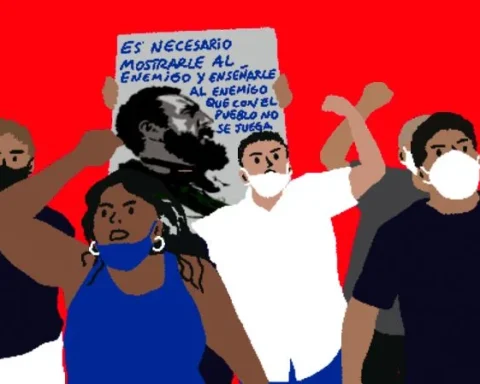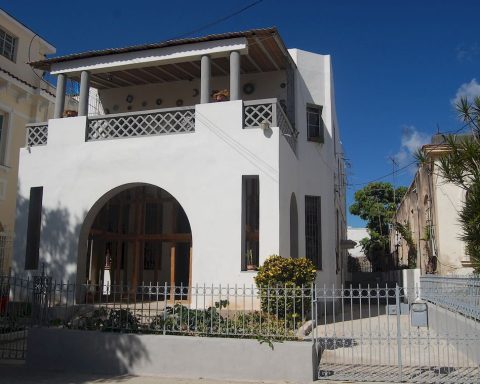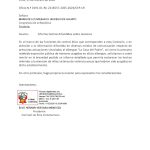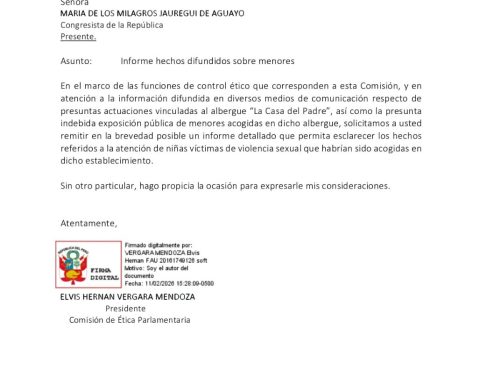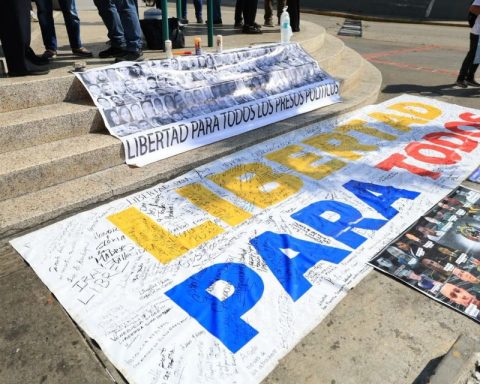The congregation of Discalced Carmelite Catholic nuns in Havana reported that it has resumed the production of hosts for the Cuban dioceses, which they suspended two weeks ago due to lack of flour, after receiving donations and the state allocation of this product.
“Flour has come to us from the simple people of our towns, from institutions, from Miami, Puerto Rico, Spain and also the allocation that we have from the State,” the nuns communicated through a post published on their Facebook profile.
The Discalced Carmelites report that they have resumed their work of making the hosts, “in order to be able to offer this service to the Church “as soon as possible” and they accompany their publication with some photos in which they are seen in full swing.
The host is a piece of unleavened bread -without yeast- made of wheat flour in a circular shape that is offered in the Catholic mass as an offering.
In their note, the nuns show the “surprise” they experienced after they published on social networks that they could not continue with their usual preparation of the hosts due to lack of flour, a product that has been in deficit on the island for several months.
A Catholic congregation in Cuba announces the impossibility of producing hosts
“This news went viral and with the reach of social media, this simple statement has reached far-flung places. The one who made the multiplication of the loaves has shown his power with the multiplication of the flour”, they now wrote, and they express their “gratitude to all who have collaborated”.
Flour supply problems have been common for some months in Cuba. Bakeries –even state-run ones– do not have a regular supply and some private establishments go whole days without selling bread. This leads to long queues and spiraling prices.
The shortage of basic products, from food to fuel and medicine, is one of the most relevant and problematic aspects of the multifaceted crisis that Cuba has been suffering for two years.
In this circumstance there is a combination of the consequences of the pandemic, the tightening of US sanctions and the mistakes in the national economic and monetary policy.
EFE




